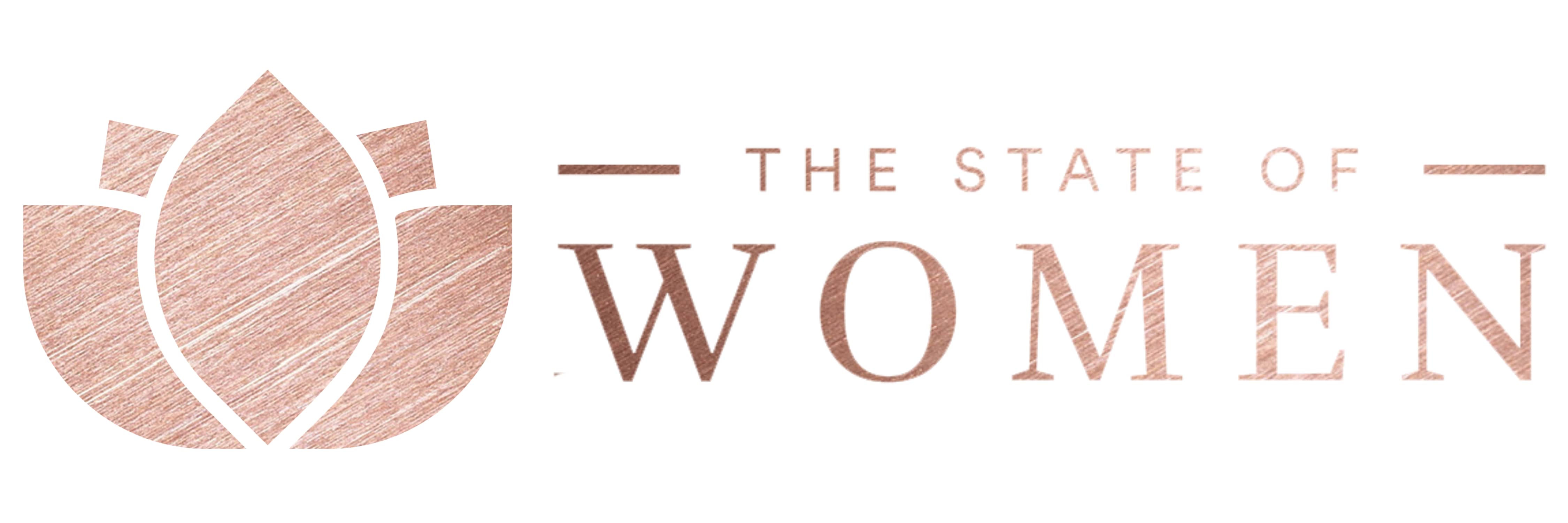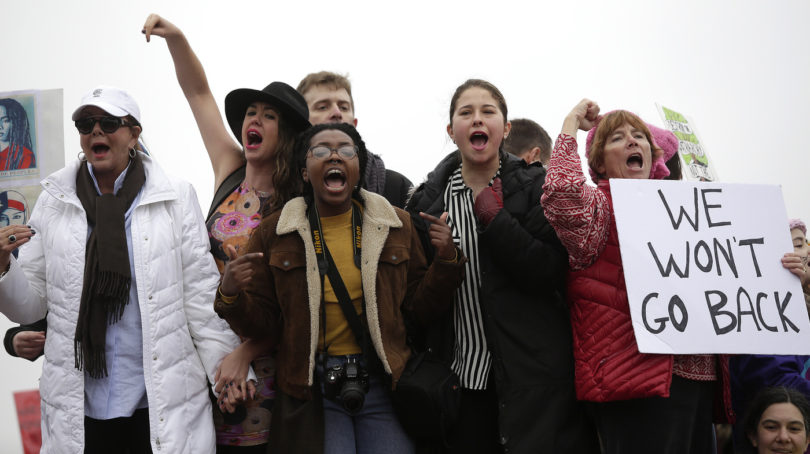npr.org – The streets of Washington looked vastly different the day after Donald J. Trump’s inauguration than they did the day-of. Instead of the largely white crowds that lined Pennsylvania Avenue on Inauguration Day, people of all colors, classes and ages filled the streets for what’s being called the most diverse march for women’s rights ever.
The Women’s March On Washington drew tens of thousands to the nation’s capital to press for protection of women’s rights, including reproductive health care, LGBT issues and equal pay. “Sister marches” held concurrently in every state across the nation, (and in several cities abroad) added to the numbers and the diversity.
But all that diversity came with a cost: racial tension — not just around the march itself, but around the feminist movement, who leads it and why. Some bemoaned the discord as a distraction from the march, saying on this occasion, “we should all be women first.”
Grace Hong is not surprised. A professor of Asian American and Gender Studies at UCLA, Hong says for decades, white women didn’t have to consider any interests beyond their own because “historically, the category ‘woman’ has, implicitly, meant white women.” The call to put womanhood above all else, Hong says, is based on the idea that “critique and dissent undermine a unity that’s based on the lowest common denominator: Find the one thing everyone has in common.”



